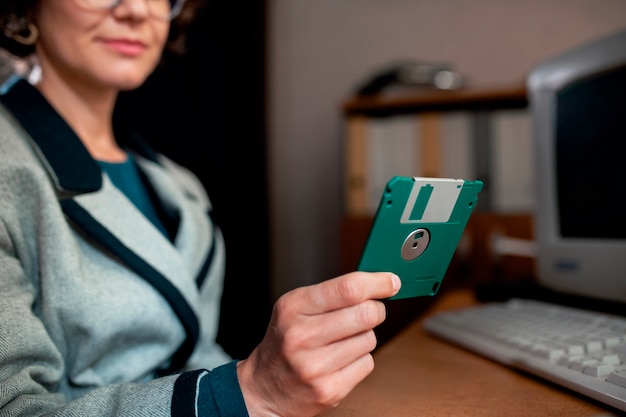
Credit card debt can be a major headache and a big source of stress for many people. It feels especially tough trying to pay off high interest rates with just the minimum payments, making it seem like you’re never getting ahead. But with some smart strategies and a solid plan, you can actually get rid of your credit card debt in a year.
Even if you’re nearing the end of the year, it’s still possible to pay off your debt or at least make a significant dent in it. Starting a new year with less financial stress is incredibly rewarding. So, let’s go through some tips that can help you eliminate your credit card debt.
### 1. Develop a Financial Plan
First things first, you need a budget. Knowing how much money you earn and where it’s going helps you find areas to cut back and allocate more money towards your debt. List your monthly income and expenses, including rent, utilities, groceries, and other bills. Once you know what’s left, you can put it towards your credit card payments.
Separate your expenses into essential (like rent and groceries) and non-essential (like subscriptions and dining out). This will help you see where you can save and reallocate that money to pay off debt faster.
### 2. Prioritize Credit Card Payments
If you have multiple credit cards, it’s important to figure out which ones to pay off first. High-interest cards should be your priority because interest keeps adding up. Start with the card that has the highest interest rate while making minimum payments on the others.
For example, if you have three cards with balances of $2,000, $600, and $300, tackle the $2,000 card first because it’s likely accruing the most interest. Or, if you prefer quick wins, you might start with the card with the smallest balance to get a sense of accomplishment and motivation.
### 3. Negotiate for Lower Interest Rates
If you’ve been good with payments or your credit score has improved, try asking your credit card company for a lower interest rate. Even a small reduction can save you a lot over time.
You might also consider a balance transfer to a new card with 0% APR for an introductory period. This can help you pay down your debt without gaining additional interest. A low-interest personal loan is another option to consolidate your debts and escape high credit card interest rates.
### 4. Minimize Your Expenses
Cutting down on costs means you can put more money toward paying off debt. You can save by cooking at home instead of eating out and canceling unnecessary subscriptions.
Keep an eye on your spending and tweak your budget as you go. Don’t wait until the end of the week or month to review your finances—every dollar saved helps in reducing your debt.
### 5. Consider Debt Consolidation
If you’re dealing with several credit cards with high balances and interest rates, consolidating them into one loan can make payments easier and might get you a better interest rate. This is especially useful if you feel overwhelmed or struggle to make minimum payments on multiple cards.
### Summary: Speed Up Your Credit Card Debt Payoff
Paying off credit card debt takes time, dedication, and patience. But with a good plan and some discipline, you can make it happen. Starting now can lead to significant progress and maybe even a debt-free status by the end of the year. Budgeting, prioritizing debts, negotiating lower rates, cutting back on expenses, and possibly using debt consolidation can set you up for financial success.
Celebrate the little wins along the way and don’t hesitate to ask for advice from a financial advisor if you need it. Good luck!